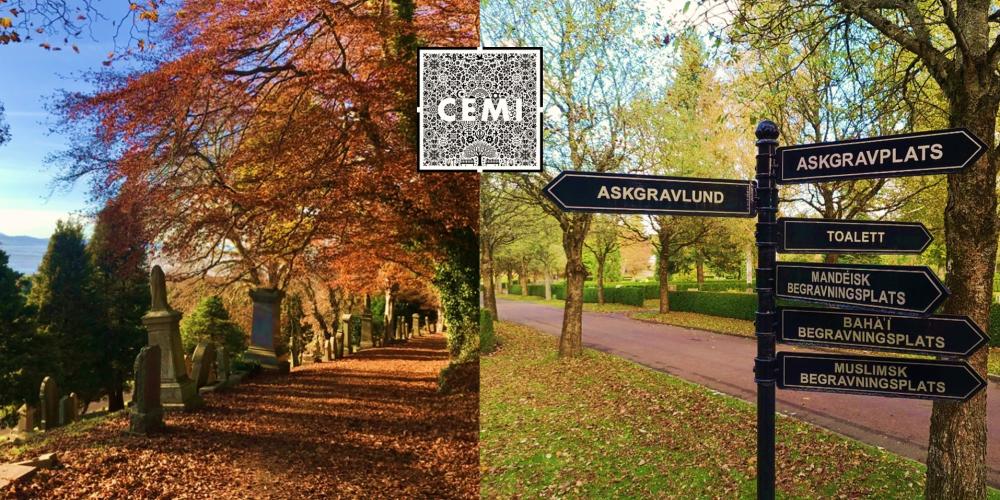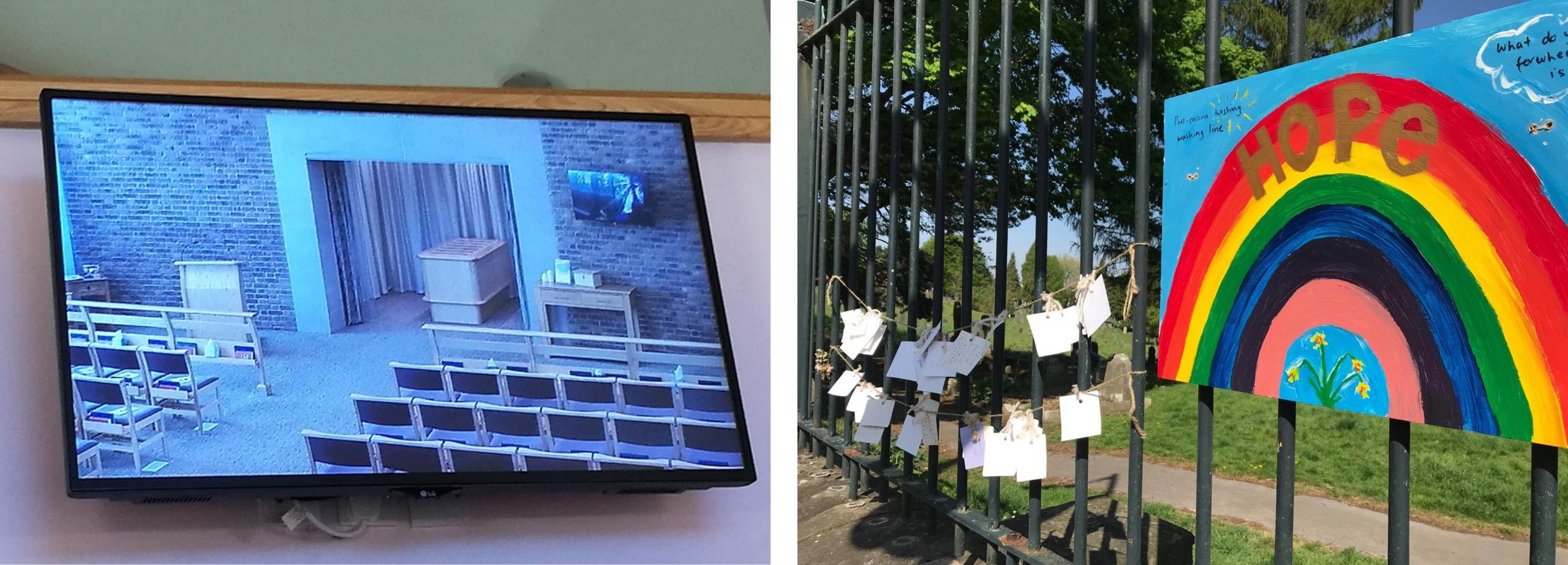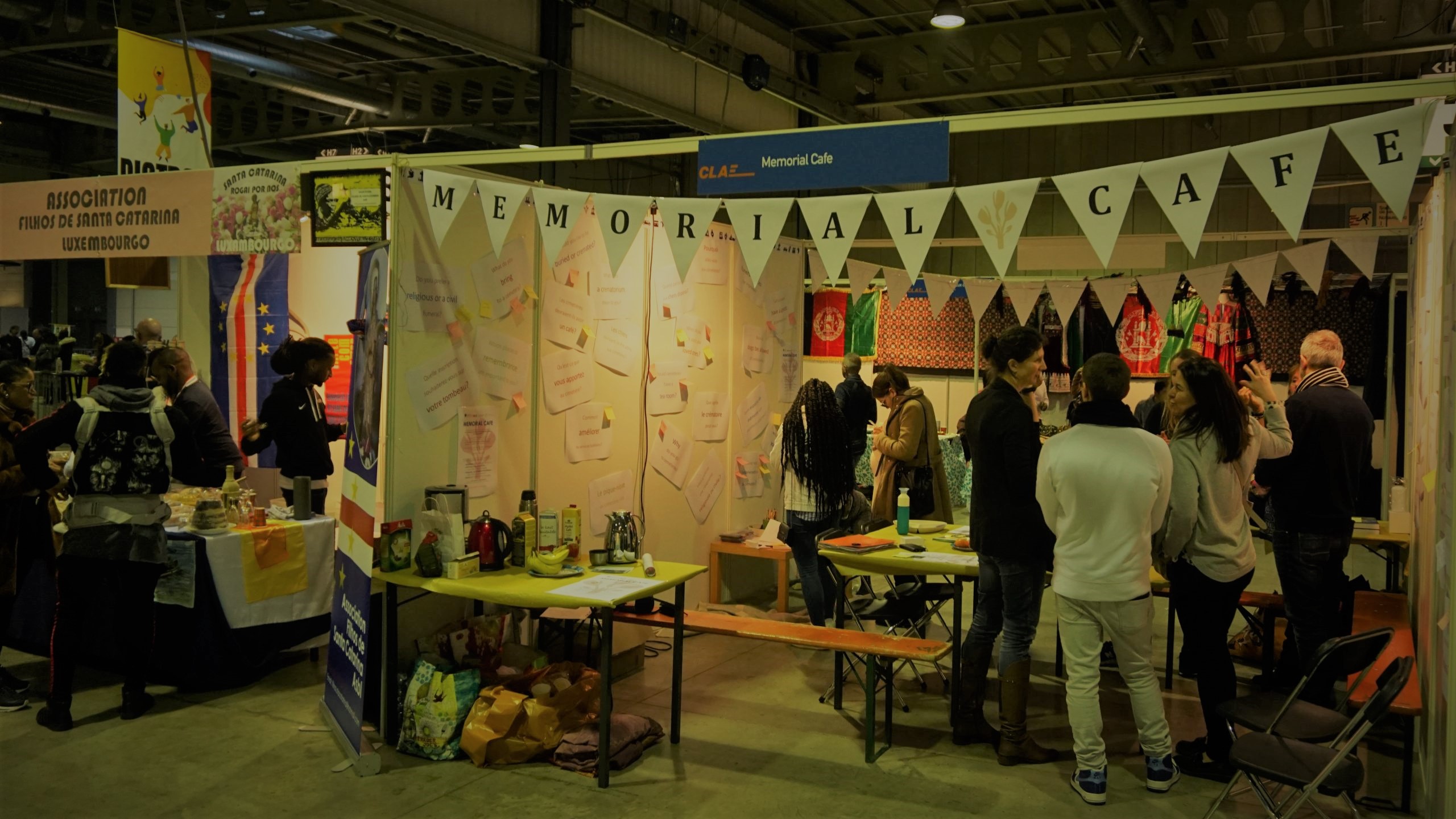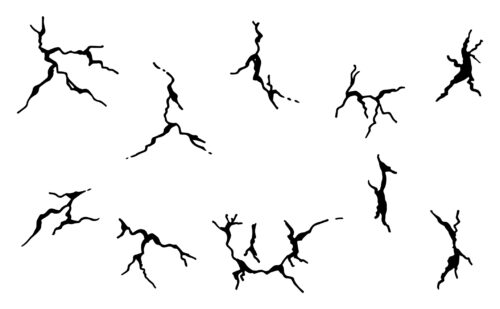
Project of the Month: CeMi
Posted: 22 October, 2021
We are pleased to present HERA’s next Project of the Month CeMi: Cemeteries and Crematoria as public spaces of belonging in Europe: a study of migrant and minority cultural inclusion, exclusion and integration.
This multinational team explores Cemeteries as versatile public spaces where wide range of citizens, with different interests and activities, use these public spaces and what this can tell about the everyday lived experiences of diverse, multicultural communities.
For all information related to this projects, please visit their website: www.cemi-hera.org
Project name
Describe your project
Our project examines cemeteries and crematoria ‘gardens’ as public spaces of social inclusion, exclusion and integration in the North-West of Europe. Through participant-centred research, focusing on communities and professionals, we examine migrant and established minority cemeteries and crematoria needs and experience of provision, and how these intersect with established practices.
Describe your project development to date
We have undertaken research in 8 medium-sized towns across 6 countries: Cork, Ireland; Dundee, Scotland; Luxembourg City, Luxembourg; Drammen, Norway; Umea and Eskilstuna, Sweden; and Maastricht and Leeuwarden, The Netherlands. This has included site visits, observations, and mappings of cemetery and crematoria; interviews with stakeholders; and focus groups and biographical interviews with users and other local communities. We are now sharing our findings with various audiences: publishing academic papers, edited volumes, and chapters; producing briefing notes on each case study town for local stakeholder and communities as well as relevant regional and national bodies; and delivering virtual and in-person public exhibitions and events.

Left: The Island Crematorium, Cork, Ireland, opened in 2006, reflecting a growth in the practice of cremation in Ireland ( by Danielle House). Right: Part of a research team at a Chinese grave in cemetery Kranenburg in Zwolle, the Netherlands.
How did the pandemic impact on the project and how has the project adapted?
The pandemic prevented in-person and in-site research at a key point in the second phase of data collection. We continued data collection through virtual means where possible – interviews and focus groups via Zoom and Teams as well as phone calls. The pandemic also heightened awareness about death and our project focusing on death, bereavement, and inclusive and respectful funerary spaces and practices, placed the team in a unique position to follow the impact of the pandemic. We posted and circulated a blog on the importance of cemetery and funerary provision in the context of the pandemic to be respectful of diverse needs; this was translated into French, Dutch and Swedish. We also revisited our stakeholders in the burial, cremation, and funerary sectors, and in migrant and minority communities, to find out about their experiences of the pandemic, focusing on the essential services in the pressure of the first wave of Covid-19, and the challenges of this global crisis. A Briefing Note on these insights and the innovative responses is being prepared.
Project blog: Diverse funerary needs at a time of crisis: reflections on Covid-19 in multicultural Europe
Two New York Times International articles citing Avril Maddrell:
Giving Hope, and a Place to Mourn: Memorials to the Pandemic The New York Times, February 22nd 2021
150,000 Painted Hearts, Each for a Life Lost to Covid-19 in Britain The New York Times, April 1st 2021

Left: Webcam links to funeral services, originally devised to allow attendance by transnational families, have become widespread, especially during the Covid-19 pandemic (by Avril Maddrell); Right: Community ‘post-corona wishing washing line’ on the fence near the main entrance of a closed cemetery during Covid-19 lockdown in the UK (by Danielle House)
Interesting collaborations / partnerships
Three project partners:
- Museum Tot Zover, The Netherlands
- Royal Town Planning Institute (RTPI), UK
- Terebinth Foundation, The Netherlands
Mariske Westendorp and Eric Venbrux, “Introductie HERA-Project.” Terebinth: Tijdschrift voor Funerair Erfgoed 33.4 (December 2019): p. 24
Mariske Westendorp and Christoph Jedan, “Hera-project: Het behouden waard: islamitische graven in Maastricht.” Terebinth: Tijdschrift voor Funerair Erfgoed 34.1 (March 2020): p. 26-27
Project outputs
Interview:
- Diversiteit en de dood: de Nederlandse uitvaartcultuur is aan het veranderen (Mark Dekan interviews Professors Eric Venbrux and Christoph Jedan on diverse needs in Dutch cemeteries).
Conferences:
- Un espace public pas comme les autres: Cimetières face à la diversité culturelle et religieuse au Luxembourg. Conference organised by Dr Sonja Kmec, Luxembourg City Museum, October 28.
- Spaces of death in contemporary urban spaces. Panel organised by Dr Mariske Westendorp, Dr Danielle House, and Dr Helena Nordh, Royal Anthropological Institute and Royal Geographical Society (RAI/RGS): Anthropology and Geography: dialogues past, present and future. Held virtually in September 2020.
- Death, Dying and Disposal. Invited Keynote: Yasminah Beebeejaun and Avril Maddrell, Decolonising the Cemetery and Crematoria. Paper: Danielle House, Helena Nordh, Mariske Westerndorp and Avril Maddrell, European cemeteries and crematoria provision during Covid 19: homogenizing or diversity-sensitive?. 15 International Conference, September 2021.
Interactive work:
- Memorial Café and crafts at the Festival des Migrations, des cultures et de la citoyenneté, event in Luxembourg City.
- Outdoor exhibition of Luxembourg case study (1/10-15/11/2021) next to (1/10-15/11/2021) by Luxembourg-city cathedral and Kaddish monument.

CeMi event at the Festival des Migrations, des cultures et de la citoyenneté, event in Luxembourg City, March 2020 (by Mariske Westendorp)
Publications
- Helena Nordh; Danielle House; Mariske Westendorp; Avril Maddrell; Carola Wingren; Sonja Kmec; Katie McClymont; Christoph Jedan; Tanu Priya Uteng; Yasminah Beebeejaun; Eric Venbrux. Rules, Norms and Practices: A Comparative Study Exploring Disposal Practices and Facilities in Northern Europe, OMEGA: Journal of Death and Dying 0.0 (2021): 1-29.
- Christoph Jedan; Sonja Kmec; Thomas Kolnberger; Eric Venbrux; Mariske Westendorp. Co-Creating Ritual Spaces and Communities: An Analysis of Municipal Cemetery Tongerseweg, Maastricht, 1812–2020, Religions 11.9 (2020): 435-456.

